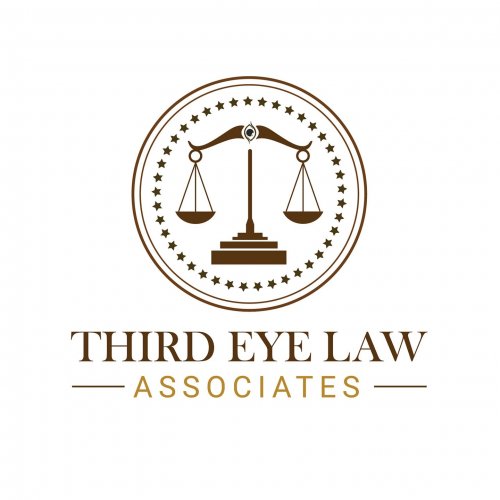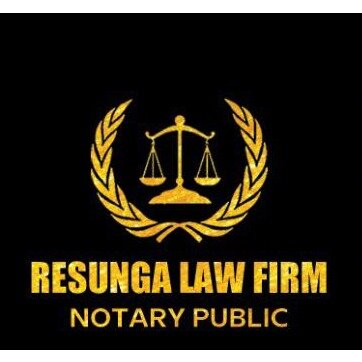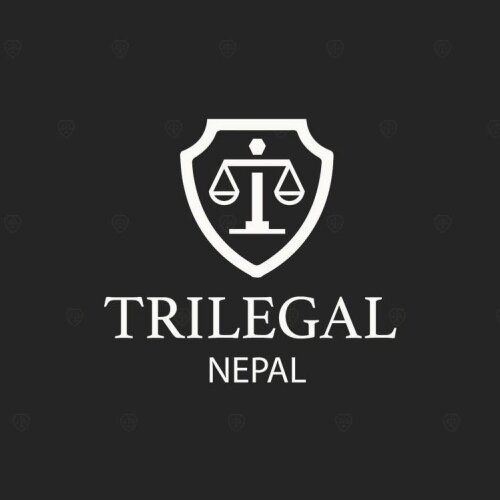Best Criminal Litigation Lawyers in Nepal
Share your needs with us, get contacted by law firms.
Free. Takes 2 min.
Or refine your search by selecting a city:
List of the best lawyers in Nepal
About Criminal Litigation Law in Nepal
Criminal litigation in Nepal refers to the legal procedures and processes used to handle criminal cases within the framework of Nepal's judiciary system. The process is governed by various laws and statutes, prominently the Muluki Aparadh Samhita (National Penal Code) of 2017 and Muluki Aparadh Samhita Ain (Criminal Procedure Code) of 2017. These codes stipulate the conduct regarded as criminal and detail the procedure for prosecution, defense, and judgment in criminal cases. The criminal justice system aims to uphold law and order, protect citizens' rights, and ensure that justice is delivered impartially and promptly.
Why You May Need a Lawyer
Many situations necessitate seeking legal help in criminal litigation. Here are common instances where a lawyer's expertise is crucial:
- Being Charged with a Crime: Individuals accused of crimes need representation to ensure fair treatment and protect their rights.
- Investigation by Authorities: If approached by law enforcement for questioning, legal advice can help maintain one’s rights.
- Need for Defense Strategy: Lawyers provide strategic insight and defense strategies tailored to the specifics of the case.
- Wrongful Accusation: Legal counsel is essential for clearing one's name and protecting against wrongful convictions.
- Bail and Appeals Process: Navigating complex procedures requires knowledgeable legal assistance.
Local Laws Overview
The legal framework in Nepal that governs criminal litigation is comprehensive but complex. Key aspects include:
- Crimes Categorization: Offenses are categorized based on severity, which influences procedures and penalties.
- Presumption of Innocence: A foundational principle where an accused is considered innocent until proven guilty.
- Rights of the Accused: The right to defense, fair trial, and protection against self-incrimination are enshrined in Nepalese laws.
- Punishments: Defined penalties ranging from fines, imprisonment, or both, depending on the gravity of the crime.
- Procedural Norms: Detailed steps from investigation to appeal, ensuring systematic legal processing.
Frequently Asked Questions
What constitutes a criminal offense in Nepal?
Criminal offenses are actions deemed illegal by law, ranging from theft and assault to more serious crimes like homicide and fraud.
What are the steps involved in a criminal case?
The primary steps include filing a complaint, investigation, charges framing, trial, and verdict, followed by potential appeals.
How can I find a qualified criminal lawyer in Nepal?
You can seek referrals from bar associations, legal aid centers, or conduct online research to find experienced criminal lawyers.
Do I have the right to remain silent during police questioning?
Yes, you have the right to refuse to answer questions that could incriminate you, protected by local and international human rights provisions.
What happens if I cannot afford a lawyer?
Legal aid is available for those who cannot afford private defense. Nepal has provisions for state-appointed counsel in serious cases.
How long can the police detain me without charge?
Under Nepali law, the police have a limited time to detain an individual without charge, typically 24 to 48 hours, subject to judicial oversight.
Can I appeal a criminal conviction?
Yes, defendants have the right to appeal convictions in higher courts to seek a reevaluation of the case and decision.
What should I do if I'm a victim of a crime?
It's important to report to the police promptly, gather evidence, and consider consulting a lawyer to ensure your rights are protected.
Are court proceedings in Nepal open to the public?
Generally, trials are open to the public, except for sensitive cases where privacy and security concerns may prompt closed sessions.
How long does a typical criminal case take to resolve?
The duration varies based on complexity, but criminal cases can take several months to years due to procedural requirements and appeals.
Additional Resources
For further information, the following resources can be helpful:
- Supreme Court of Nepal: Provides rulings and legal precedents.
- National Human Rights Commission: Offers insights on human rights and legal rights protections.
- Nepal Bar Association: Resources for finding legal representation and understanding advocacy.
- Legal Aid Centers: Provide assistance and representation for those unable to afford private counsel.
- Ministry of Law, Justice, and Parliamentary Affairs: Offers updates on legal reforms and policy changes.
Next Steps
If you or someone you know requires legal assistance in criminal litigation, consider the following steps:
- Identify Your Needs: Understand the scope of the legal issue and determine the type of assistance required.
- Consult Specialists: Reach out to lawyers specializing in criminal law for initial consultations.
- Gather Critical Information: Collect and organize any documents, evidence, or records pertinent to the case.
- Consider Legal Aid: Investigate eligibility for legal aid services if financial constraints exist.
- Stay Informed: Continuously educate yourself about your rights and responsibilities within the legal system.
Lawzana helps you find the best lawyers and law firms in Nepal through a curated and pre-screened list of qualified legal professionals. Our platform offers rankings and detailed profiles of attorneys and law firms, allowing you to compare based on practice areas, including Criminal Litigation, experience, and client feedback.
Each profile includes a description of the firm's areas of practice, client reviews, team members and partners, year of establishment, spoken languages, office locations, contact information, social media presence, and any published articles or resources. Most firms on our platform speak English and are experienced in both local and international legal matters.
Get a quote from top-rated law firms in Nepal — quickly, securely, and without unnecessary hassle.
Disclaimer:
The information provided on this page is for general informational purposes only and does not constitute legal advice. While we strive to ensure the accuracy and relevance of the content, legal information may change over time, and interpretations of the law can vary. You should always consult with a qualified legal professional for advice specific to your situation.
We disclaim all liability for actions taken or not taken based on the content of this page. If you believe any information is incorrect or outdated, please contact us, and we will review and update it where appropriate.
Browse criminal litigation law firms by city in Nepal
Refine your search by selecting a city.

















